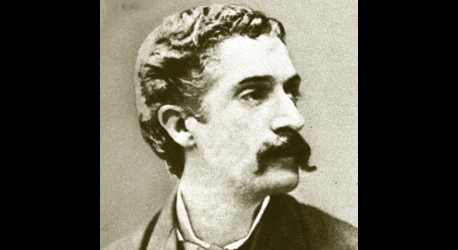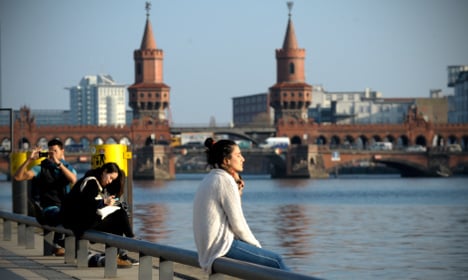The 36 hand-written works were written in the 1930s by Verga, who is famed for his tales of Sicilian life, and are now safely in the hands of the University of Pavia, La Stampa newspaper reported.
The discovery was made after the superintendent of book heritage in the Lombardy region came across a Verga manuscript up for auction and informed the authorities.
Suspicion was aroused as the auction house was located close to the house of a woman whose scholar father had long since disputed ownership of Verga manuscripts with the writer’s family, La Stampa said.
During the 1930s the writer’s son, Giovanni Verga Patriarca, had given his father’s manuscripts to the scholar to study.
The academic reportedly refused to return the manuscripts despite the matter being raised in parliament due to the cultural value of Verga’s work.
A breakthrough finally came in 1975 when the writer’s grandson Pietro Verga won the legal rights to all of Verga’s manuscripts, La Stampa reported.
The family were however unable to recover all of Verga’s manuscripts at the time as the scholar had refused to reveal the full list of those he had been given to study.
It remains unclear whether the academic’s family will now face charges over the matter.
The July operation was coordinated by Rome’s public prosecutor and the carried out by the police unit tasked with protecting Italy’s cultural heritage, the newspaper said.
The realist writer died in 1922 aged 82. His works include The House by the Medlar Tree (I Malavoglia) and Little Novels of Sicily (Novelle rusticane).




 Please whitelist us to continue reading.
Please whitelist us to continue reading.
Member comments